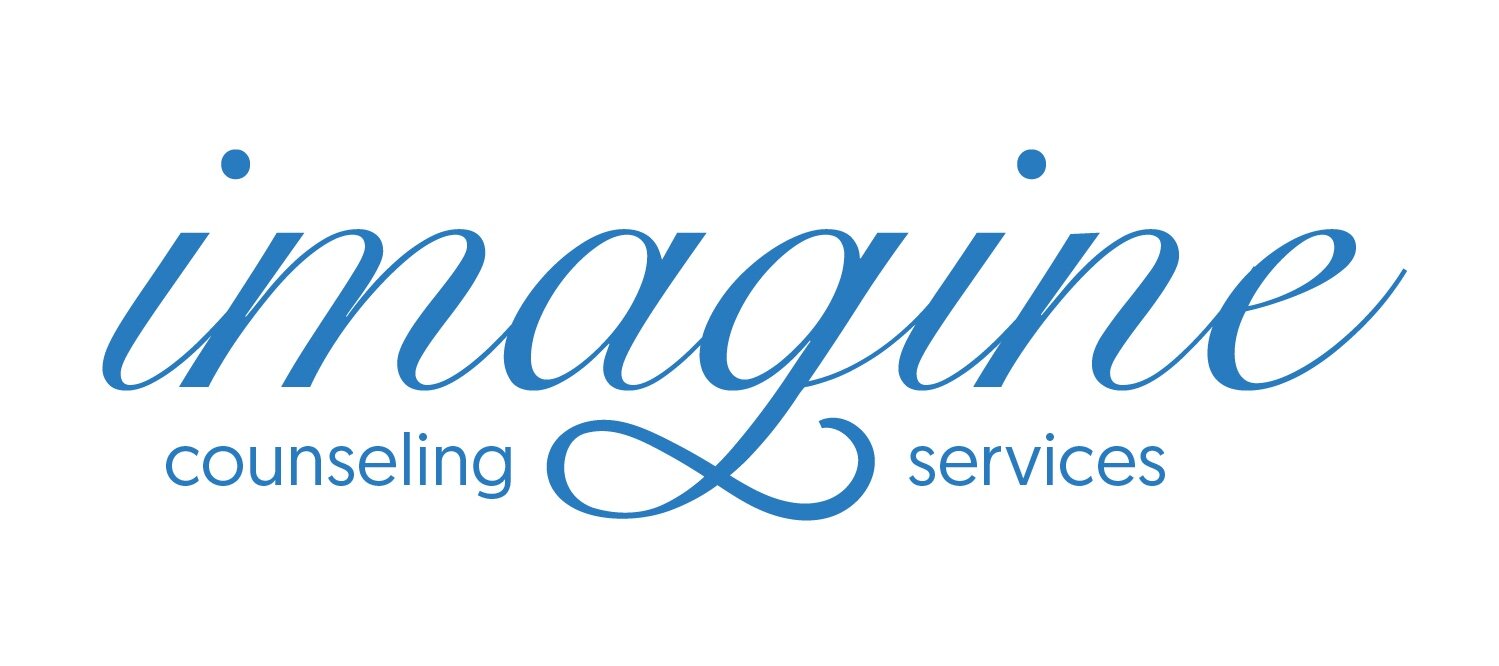Are You Grieving the Loss of a Loved One?
Are you struggling to establish a sense of wholeness and normalcy after losing someone, whether to an accident, medical condition or suicide? Do you have trouble eating, sleeping, getting out of bed or taking care of yourself because of unrelenting sadness? Perhaps you feel stuck in a loop of shock, anger, disbelief or numbness. Or, it could be that you feel guilty as if you aren’t grieving enough or in the right way, which only adds to your misery.
Alternately, your grief may be the result of a significant change in your lifestyle or relationships. For example, you may be questioning your identity or purpose in life while recovering from an affair or going through a divorce. You may be mourning the loss of a pet and beloved companion. Or, you may have trouble overcoming the pain of losing a home to a fire or a career to a competitor.
Regardless of your situation, at this point, you may be feeling hopeless, alone and uncertain if anything will ever get better. However, healing after loss is possible. You can learn to be whole and hopeful again while still honoring the memory and joy of that which was lost.
Grief Is a Natural Reaction to Loss
Nearly everyone will experience a difficult loss in their lifetime; it’s just an unfortunate characteristic of life. And, although sadness is a common aspect of loss, grief is a condition that includes a broad range of other, often more complicated, emotions.
Unlike anxiety or depression, grief is not a mental health issue, diagnosis or something to be “fixed.” It is a process of recovery—of accepting and coming to terms with loss while acknowledging the gift of joy person or thing brought in your life.
Despite the fact that grief and loss are parts of the natural human condition, we may still have trouble navigating the healing process alone. Often, people compartmentalize their grief, setting it aside in order to tend to essential responsibilities. Focusing on taking care of the family, resuming work and otherwise “getting on” with life looks like a solution. But, in truth, these preoccupations are temporary distractions that don’t allow you to heal.
In such cases, a person never has a chance to truly process their grief, which only prolongs the suffering. Without any outlet for intense emotions, the stress can take other forms, including depression, anxiety and post-traumatic stress.
There is nothing wrong with taking time to grieve. With the help of a kind and compassionate grief therapist, you can overcome your pain while still honoring your memories. You can celebrate your loved one’s life.
Grief Counseling Can Offer You Solace
Therapy offers the unique opportunity to let down your guard and be vulnerable while someone else helps you bear the pain. It provides an outlet for intense emotions and a space to voice your grief and fears without censorship. Over time, you can become able to embrace the memory of your loved one without having to suppress painful emotions.
As your therapist, and in a space of compassion and respect for your loss, I’ll help you understand that what you are going through is perfectly natural. Grief is something to be embraced, not ignored. I’ll offer you insight into the nature of traumatic loss—how it affects everything from your physical health to your ability to rationalize and make wise decisions. However, ultimately, my role is to give you safety and comfort, to act as a witness for your pain as you grow and heal. Over time, you can learn how to honor your loss without having the emotional pain overwhelm you.
Everyone grieves differently, so there is no specific agenda or timeline for our sessions. We will simply address whatever comes up as you process your grief. However, if certain aspects of your loss are causing you immediate or persistent distress, I can offer you helpful coping strategies to provide relief.
For instance, I can help manage birthdays and anniversaries so that you can honor those times without feeling overwhelmed by sadness. Or, if you are going through divorce or affair recovery, I can help you resolve identity issues and redevelop your sense of uniqueness and wholeness. And, if you are struggling with the loss of a pet, I can help you understand and acknowledge that the loss you feel is justified and the attachment you have is real—and beautiful.
I know you are probably feeling lost and alone right now, but it is possible for you to experience joy and peace again. You can learn to love again and understand that progress isn’t disrespecting the memory of that person. In time, you can live a life of purpose and meaning again while still honoring your loss.
I am considering grief counseling, but I still have a few questions and concerns:
I have a loving family I can talk with, so why invest in grief therapy?
The support of your family can be of tremendous healing value. However, family members can often oversimplify the profound effect loss and grief. And, depending on the nature of your loss, your family may be unable to provide the support you need, especially if they are grieving as well. Working with a personal therapist can give you unbiased support from a professional who can bear your pain, no matter how great or persistent.
I don’t want to be in even more pain.
My intention is to lessen your suffering, never to increase it. However, by not acknowledging the pain and not processing it, you risk perpetuating it indefinitely.
Over time, it can disrupt nearly every aspect of your life, including your long-term physical and mental well-being. By working through the grief, despite the pain, you can find happiness again while respecting that part of your life that has changed.
Therapy can’t change anything, so why bother?
Grief and loss counseling cannot change the past, but by working through complex emotions, we can lessen the hold they have over you. There is no magic spell for overcoming grief and loss. And it is not a linear process with set stages you must go through. Grief and healing is a unique process for each person.
So, whether you just need to be heard or you want strategies for managing your distress, counseling can make a profound difference. In time, you truly can learn to respond to the memory of the person you lost with joy. And, you can find a lasting sense of comfort and peace.
Healing After Loss Is Possible
If you are struggling to process grief or overcome the loss of a loved one, I can help. Please call 678-631-8099 or email me at KatHainesTherapy@Hushmail.com to set up your free, 15-minute consultation. I would be happy to answer any further questions you may have about my approach to grief counseling.








